Have you ever wondered why some local businesses seem to thrive while others struggle to attract customers? The secret often lies in a powerful yet often overlooked tool: Local search engine optimization (SEO). Are you harnessing the full potential of local search to draw customers through your doors? With more than 46% of all Google searches seeking local information, the competition for visibility has never been fiercer. However, many businesses still underestimate the impact of a well-crafted local SEO strategy, inadvertently missing out on a wealth of opportunities.
Creating a local SEO strategy is not just about sprinkling a few keywords on your website or creating a Google Business Profile; it’s about crafting a comprehensive approach that connects your business with potential customers right in your vicinity. By implementing targeted tactics and avoiding common pitfalls, you can significantly increase your chances of attracting foot traffic and boosting sales.
So, what is Local SEO?
Local SEO refers to the process of optimizing a website and its online presence to attract more business from relevant local searches. It involves various strategies and techniques aimed at enhancing a company's visibility in search engine results when potential customers search for products or services within a specific geographic area. Local SEO is crucial for businesses that operate in physically defined locations, such as restaurants, retail stores, service providers, and healthcare professionals, because it helps connect with local consumers who are actively searching for what they offer.
Ways to Improve Your Positioning
Improving your positioning in local search rankings is essential for businesses that rely on local customers. The following are some key components of a local SEO strategy aimed at helping your business appear higher for certain search terms and ultimately attract more customers.
Optimize Your Google Business Profile
Optimizing your Google Business Profile (GBP) listing is crucial to enhance your online visibility and attract more customers to your business. Here are some realistic steps to help you get the most out of your GMB listing:
- Claim and Verify Your Listing: The first step is to claim your business if you haven't already. Google will send a verification postcard to your business address with a code that you need to enter into your GBP account to confirm your ownership.
- Complete Every Section: Fill out every section of your GBP. This includes your business name, address, phone number, website, hours of operation, and categories. Complete information helps Google understand your business better and improves your chances of appearing in local search results.
- Use High-Quality Images: Photos play a significant role in attracting customers. Upload high-quality images of your business, products, and services. Regularly update your photos to show current offerings and engage potential customers.
- Write a Compelling Business Description: Use the business description section to succinctly describe what your business does. Incorporate relevant keywords that potential customers might use to search for services like yours.
- Encourage Customer Reviews: Positive reviews can significantly boost your credibility and attract more customers. Ask satisfied customers to leave reviews on your GMB listing, and always respond to reviews—both positive and negative—to show you’re engaged with your customers.
Research and Integrate Localized Keywords
By conducting thorough keyword research, businesses can identify high-performing localized keywords that reflect the intent of potential customers in their area. Tools like Google Keyword Planner, SEMrush, and Ahrefs can provide insights into search volume and competition for localized terms, enabling businesses to create a targeted and efficient keyword strategy. However, working with experts like our team at 11outof11 is your best bet since there is no one-size-fits-all tool when it comes to keyword research.
On-Page SEO
Once these localized keywords are identified, they should be seamlessly integrated into various on-page elements of a website, including title tags, meta descriptions, headers, and body content. For instance, if a bakery in Austin wants to rank for the term "best cupcakes in Austin," including this phrase in the page title and headings will significantly enhance the page’s relevance for local searches. Furthermore, ensuring that localized keywords appear naturally within the content will improve user experience while signaling to search engines that the content is relevant to local search intents.
Create Localized Content
In addition to on-page optimization with localized keywords, creating valuable and engaging localized content is a vital step in a broader local SEO strategy. This can take the form of blog posts about local events, guides on local attractions, or even recipes featuring local ingredients. For example, a restaurant could write a blog post about sourcing produce from nearby farmers' markets, which could engage local readers while also optimizing for relevant local keywords.
Build Local Citations and Backlinks
Building local citations and backlinks is a crucial component of SEO for small businesses. Local citations refer to online mentions of a business's name, address, and phone number (NAP) across various platforms, such as directories, review sites, and social media. Consistently listing this information helps search engines validate the legitimacy and relevance of a business, which can enhance visibility in local search results. Accurate citations play a significant role in establishing credibility, particularly for small businesses competing in niche markets.
Backlinks, on the other hand, are links from other websites pointing to a business's site. They are still a significant ranking factor for search engines, and obtaining high-quality backlinks from relevant local sources is instrumental in boosting a business’s authority. Local backlinks can come from partnerships with local organizations, sponsorships, or participation in community events. When a local website links back to a business, it not only drives additional traffic but also signals to search engines that the website is a trusted resource within its community.
Tie in Social Media Strategy
Leveraging social media to improve local SEO is an effective strategy for businesses looking to enhance their online presence and connect with their community. Social media platforms not only serve as channels for engagement but also play a significant role in driving localized traffic to businesses. Here are some ways you can use social media to impact local SEO:
- Posts relevant to the local community can boost engagement and encourage shares, which can contribute positively to your local SEO.
- Using location tags in your posts and stories on platforms like Instagram helps to improve your visibility to local users.
- Collaborating with local influencers can amplify your reach and build credibility within the community.
- Regularly check your social media pages for comments and messages, and respond promptly. High levels of engagement can improve customer loyalty and may yield greater visibility in local search results.
Take the Guesswork Out of SEO with 11outof11
Navigating the complexities of SEO can be overwhelming without expert guidance. That’s where 11outof11 comes in. Our team of seasoned professionals is dedicated to taking the guesswork out of SEO, allowing you to focus on what you do best—running your business. Contact us today to learn more about how search engine optimization can position your company for growth!







.png)






